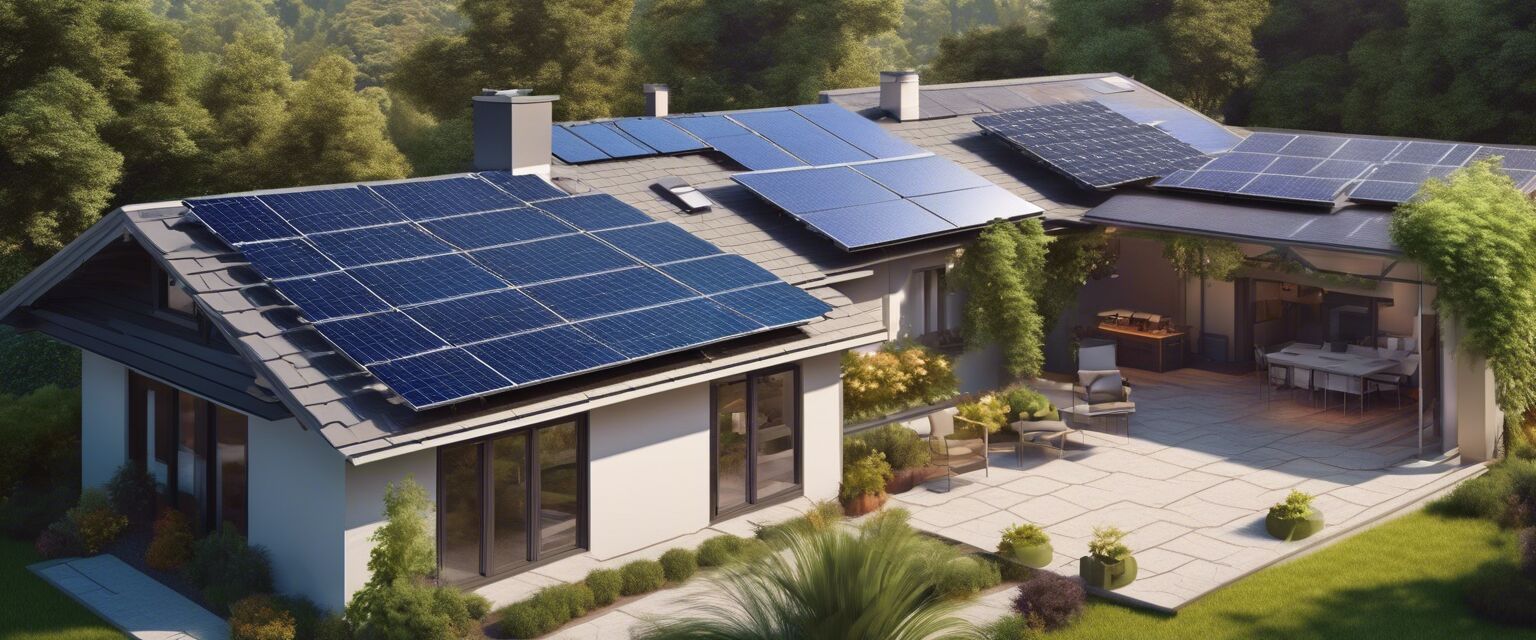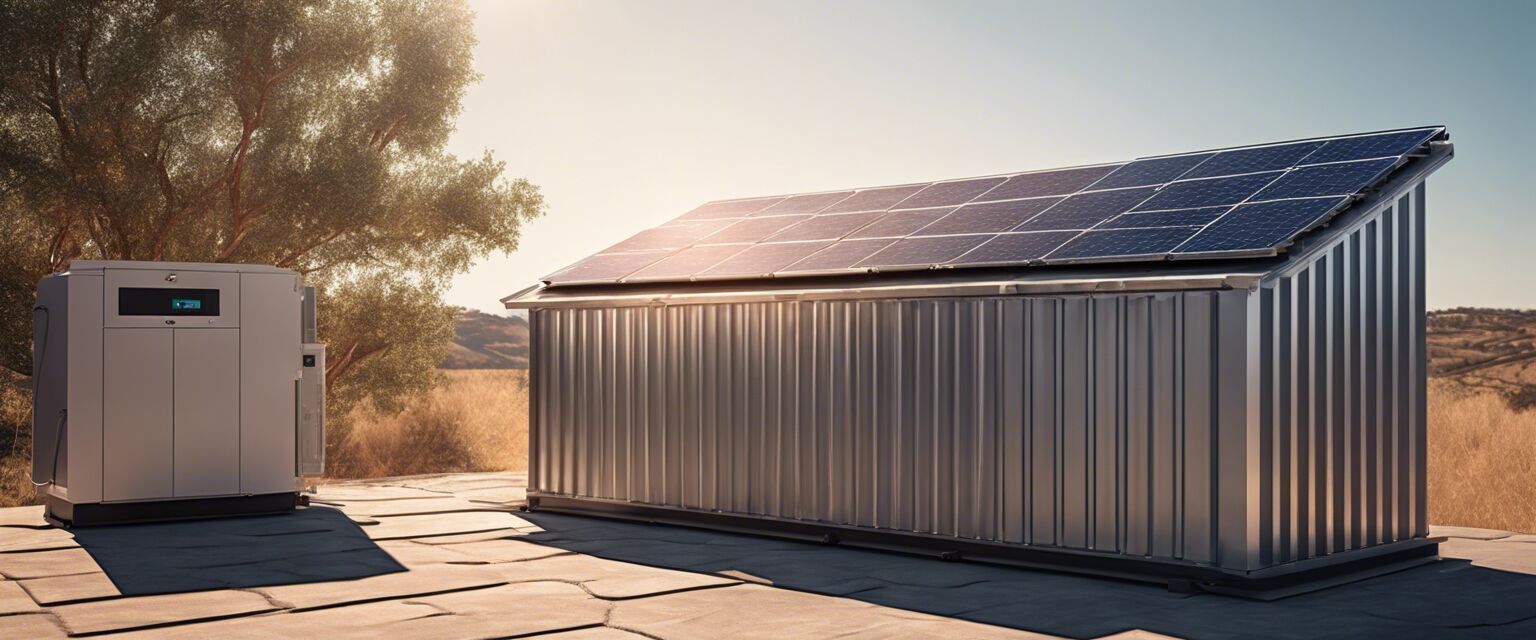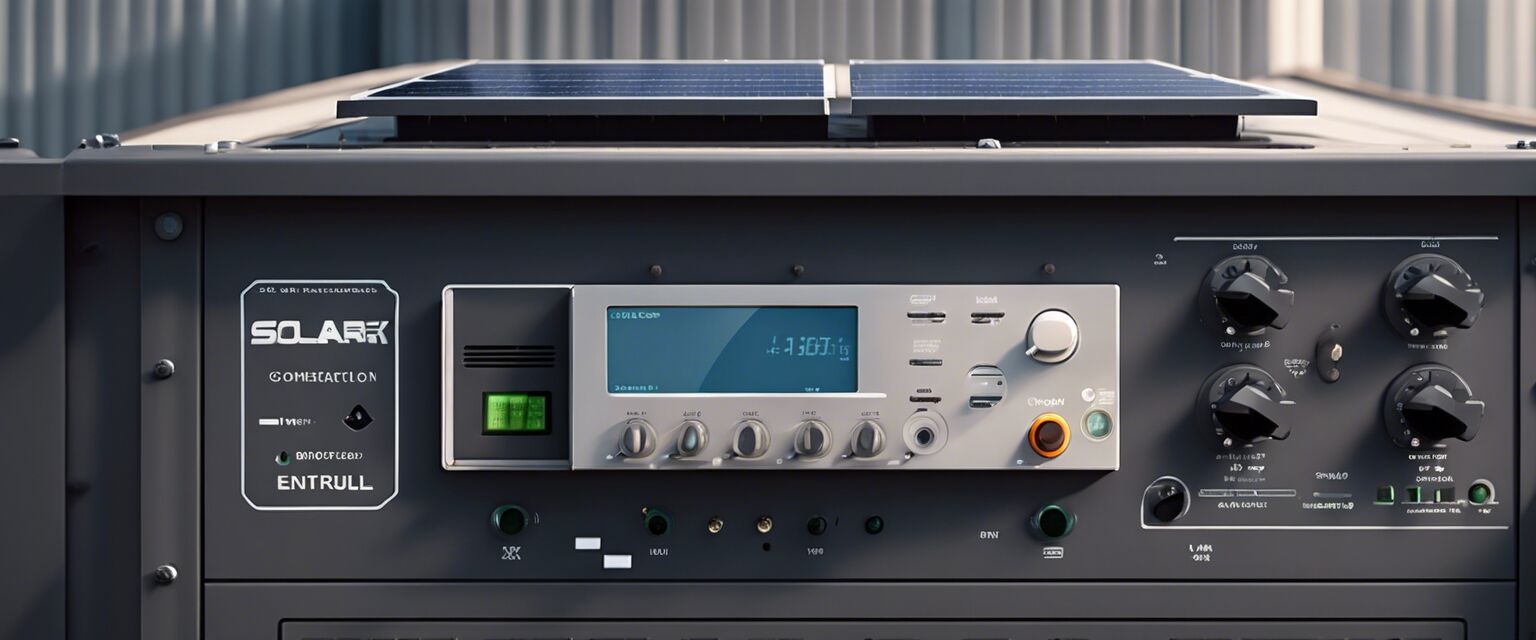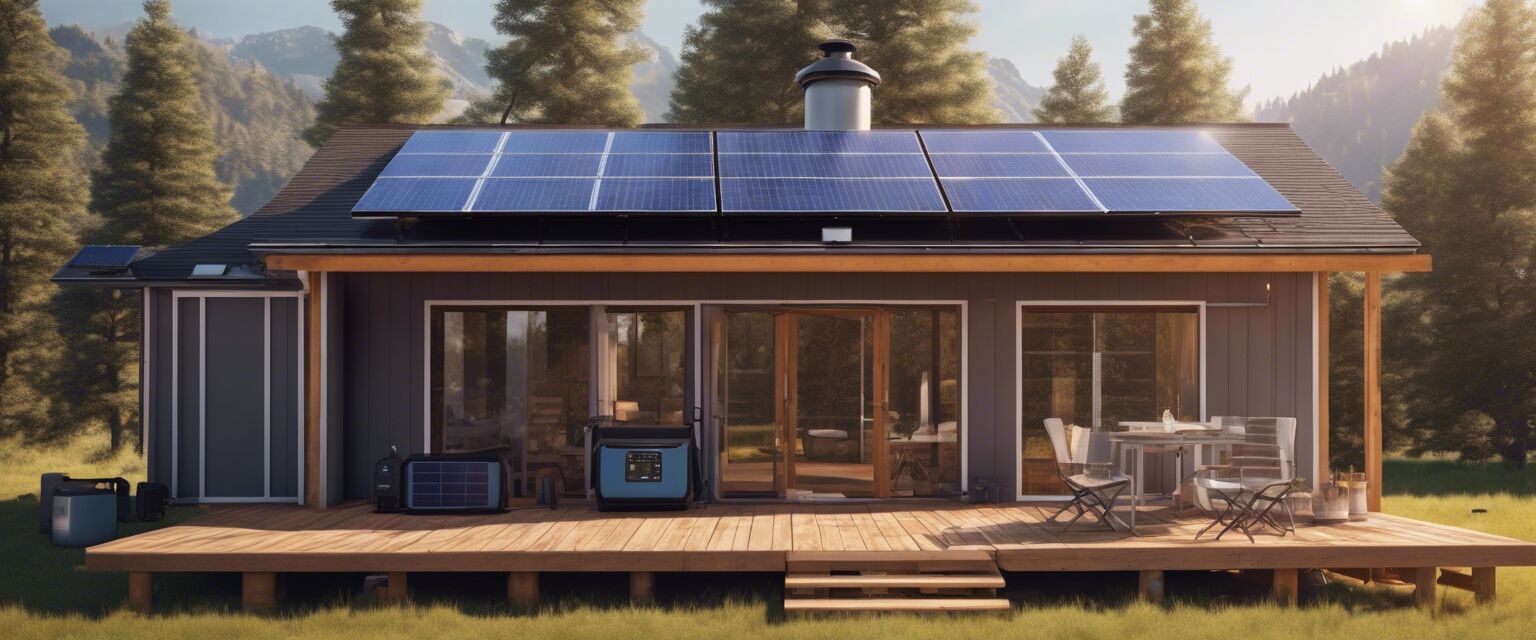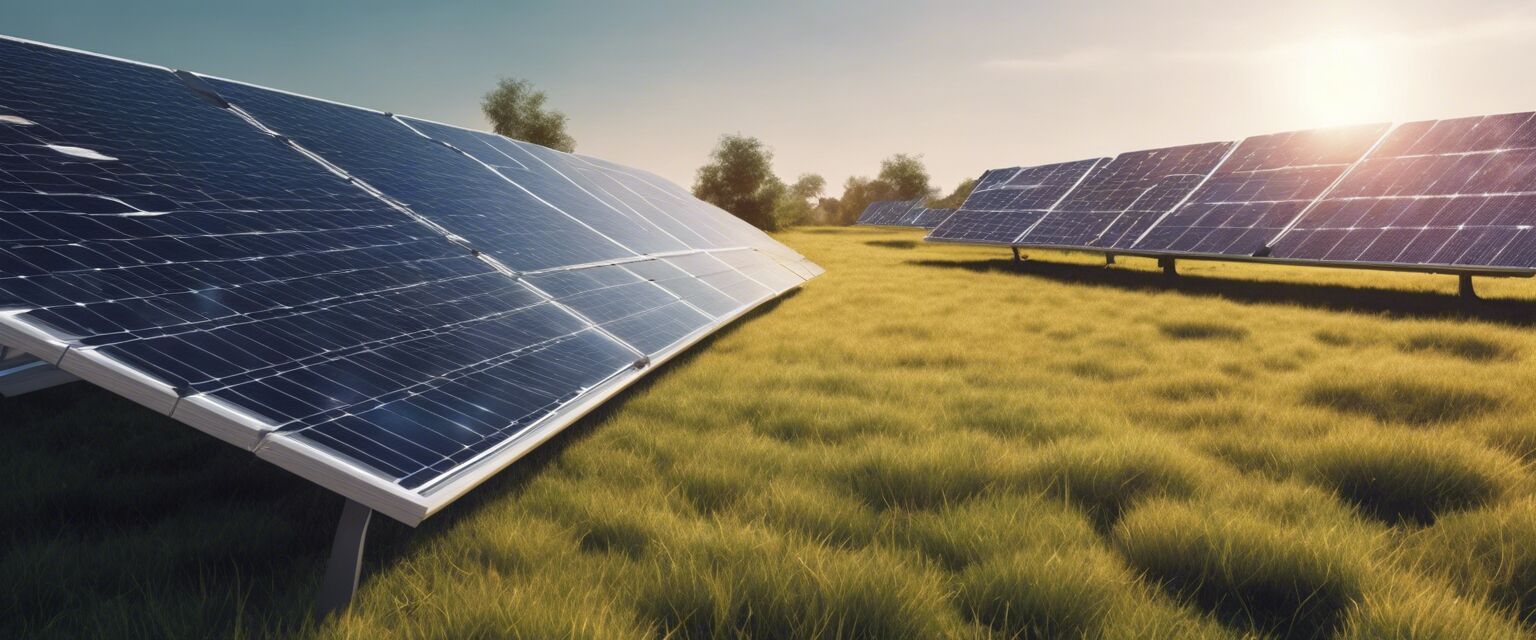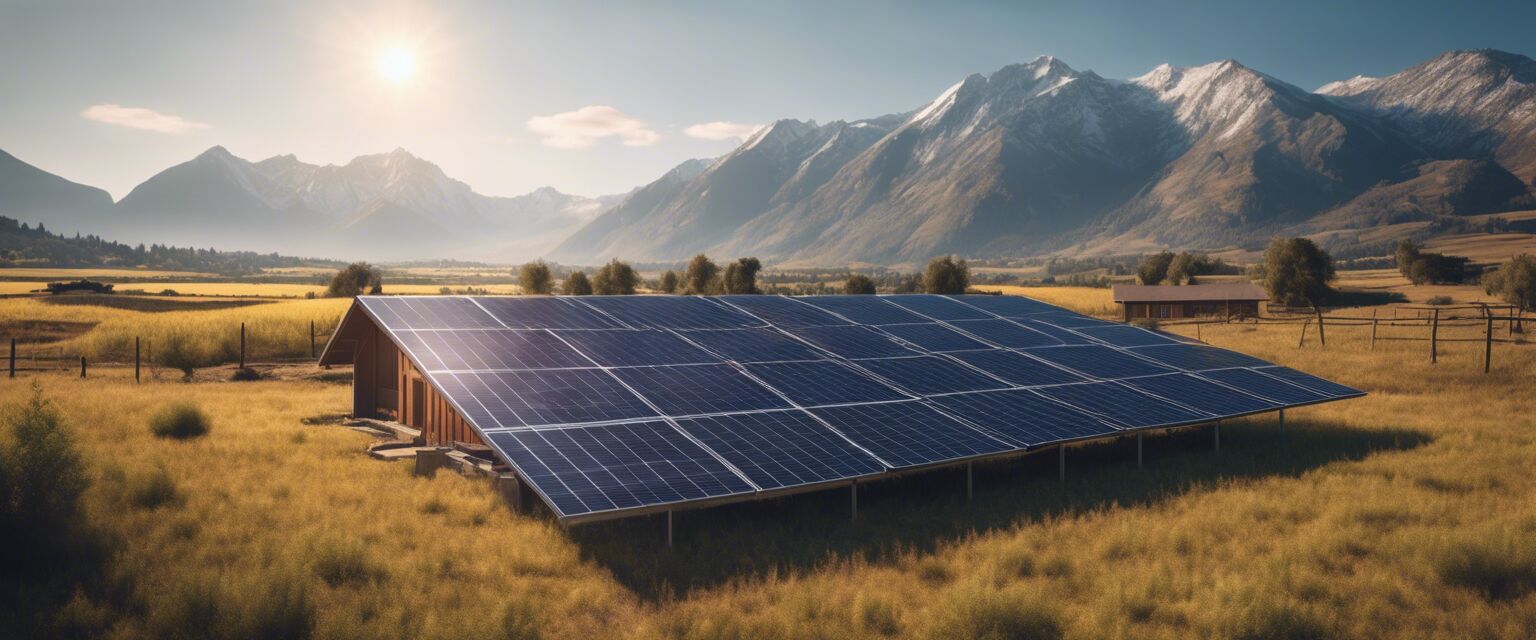
Solar Accessories and Add-ons
Key Takeaways
- Solar accessories enhance the efficiency and functionality of your solar system.
- Understanding the different types of accessories can help you make informed decisions.
- Properly integrating accessories can lead to more effective energy management.
- Investing in quality components ensures durability and reliability of your system.
In the quest for energy independence, many homeowners are turning to solar power systems. However, simply installing solar panels is not enough to maximize your energy efficiency. The right solar accessories and add-ons can significantly boost your system's performance, extending its capabilities and ensuring that you get the most out of your investment. In this article, weâll explore various solar accessories and add-ons, their benefits, and how they can enhance your solar system.
Essential Solar Accessories
There are several key accessories that can elevate the performance of your solar setup. Below we discuss some of the most essential solar accessories:
| Accessory | Description | Benefits |
|---|---|---|
| Battery Storage | Stores excess solar energy for use during low-sunlight hours. | Improves energy availability and reduces reliance on the grid. |
| Charge Controllers | Regulates the voltage and current coming from your solar panels to the batteries. | Prevents overcharging and prolongs battery life. |
| Inverters | Converts DC power from solar panels into AC power for home use. | Enables the use of household appliances that run on AC power. |
| Hybrid Systems | Combines solar power with other energy sources, like wind or grid power. | Increases energy reliability and reduces dependence on a single source. |
Understanding Solar Batteries
Battery storage plays a critical role in any solar power setup. There are various types of solar batteries available, including:
- Lead-Acid Batteries
- Lithium-Ion Batteries
- Flow Batteries
Each type has its pros and cons, so itâs essential to choose one that fits your energy needs and budget. For more information on battery storage options, check out our Battery Storage page.
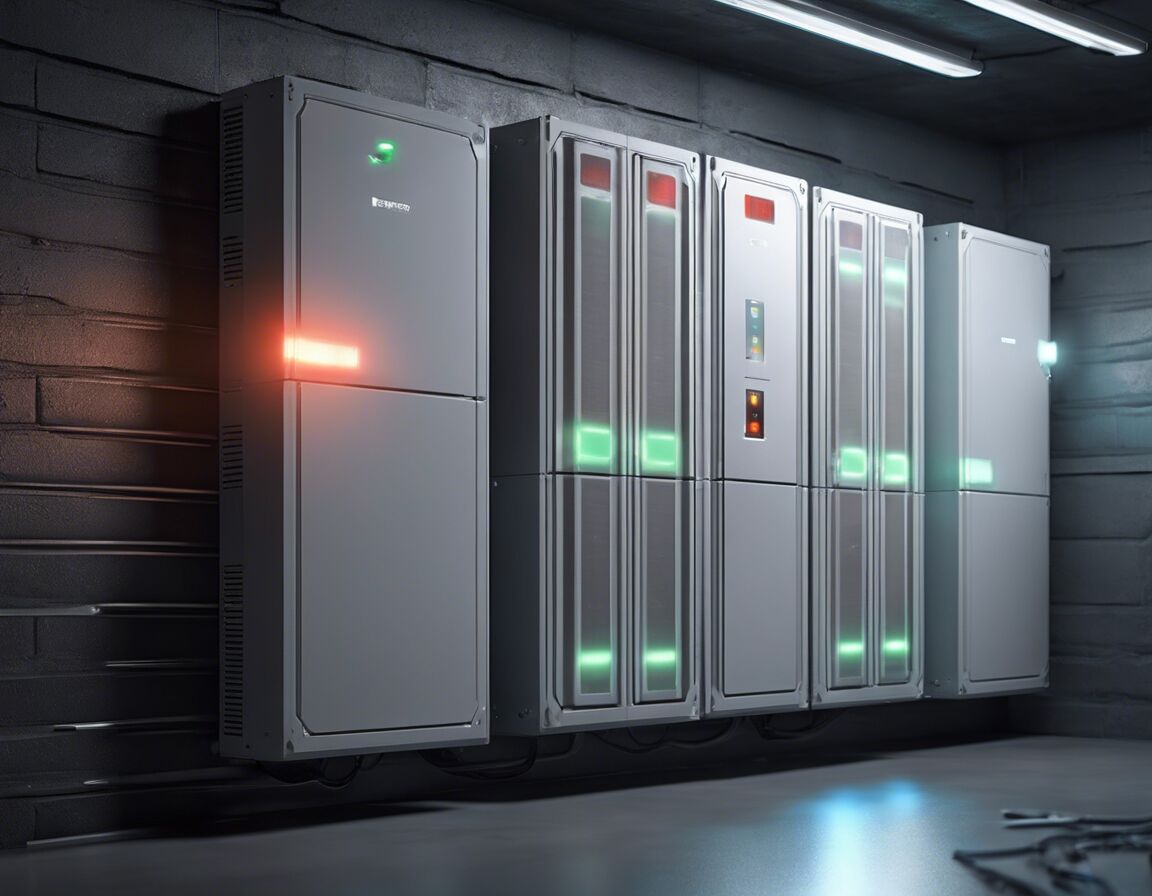
Charge Controllers Explained
Charge controllers are vital to the longevity of your solar energy system. They regulate how much electricity is sent to and from the batteries, ensuring that they are charged efficiently. Hereâs a quick look at the two main types:
- PWM (Pulse Width Modulation): Best for smaller systems, cost-effective.
- MPPT (Maximum Power Point Tracking): More efficient, ideal for larger setups.
For a deeper dive into charge controllers, visit our Charge Controllers page.
Inverters: The Heart of Your System
Inverters are crucial for converting the stored energy into a usable format for your house. There are several types of inverters:
| Type | Description | Best For |
|---|---|---|
| String Inverters | Connects multiple solar panels in series, common for residential use. | Standard residential setups. |
| Microinverters | Attached to individual panels, maximizes output per panel. | Complex roofs with shading issues. |
| Hybrid Inverters | Can manage both solar and battery storage systems. | Off-grid and hybrid setups. |
To learn more about selecting the right inverter, check out our Inverters page.
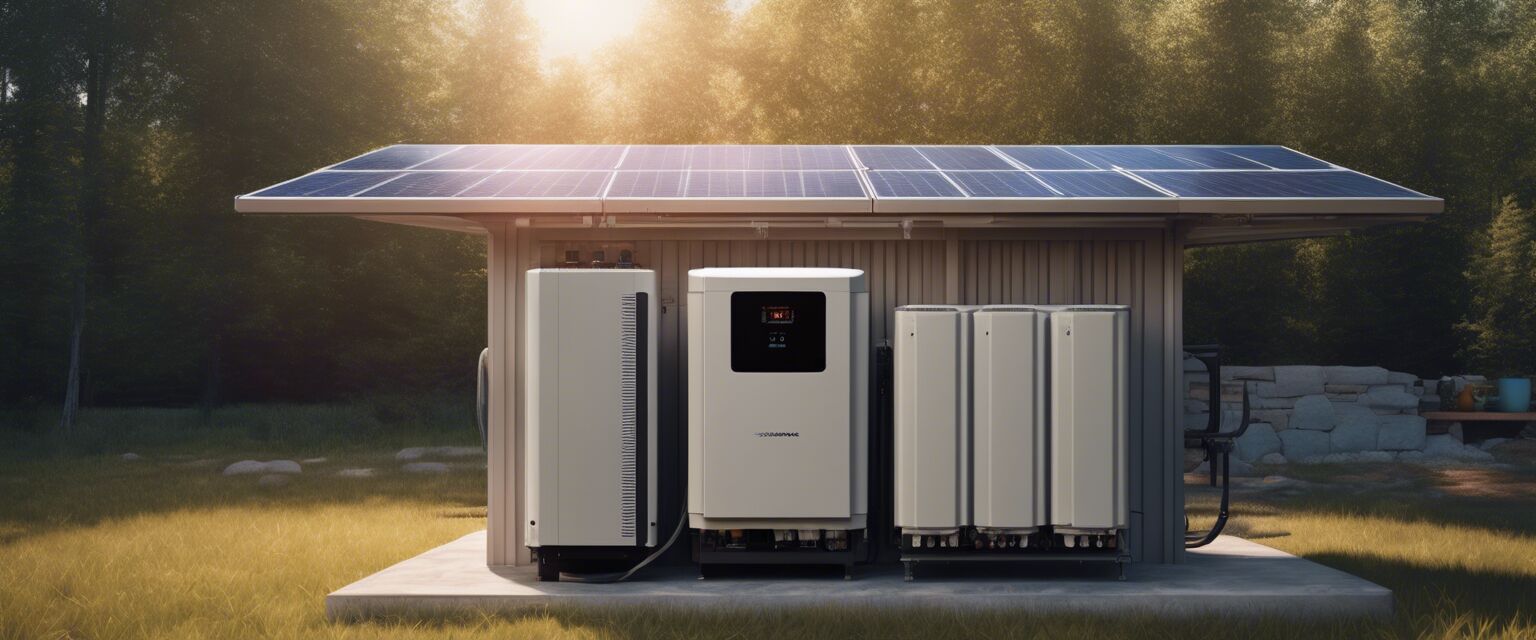
Enhancing Your System with Off-Grid Appliances
Using off-grid appliances designed for low power consumption can significantly enhance your solar system's efficiency. Here are some examples:
- LED lighting
- Energy-efficient refrigerators
- Solar water heaters
For more information on off-grid appliances, visit our Off-Grid Appliances page.
Wind Turbines: An Alternative Energy Source
Combining solar panels with wind turbines can provide a more consistent energy supply. Hereâs a brief overview of how they can work together:
- Solar energy is abundant during the day, while wind can be more consistent at night.
- Using both sources can lower reliance on the grid.
If you're interested in wind energy, check out our Wind Turbines page.

Conclusion
Choosing the right solar accessories and add-ons is essential for maximizing your energy efficiency. From battery storage to charge controllers and inverters, each component plays a vital role in ensuring that your solar system operates at its best. By investing in quality accessories, you can create a reliable, efficient, and sustainable energy solution for your home.
Pros
- Enhances overall energy efficiency.
- Provides energy independence.
- Reduces long-term energy costs.
- Offers sustainable energy solutions.
Cons
- Initial investment can be high.
- Requires maintenance and monitoring.
- May need professional installation.
Tips for Beginners
- Start small and expand your system as needed.
- Research various brands and products to find the best fit for your needs.
- Consider the specific energy needs of your household when selecting accessories.
- Consult with a professional if you're unsure about installation.

